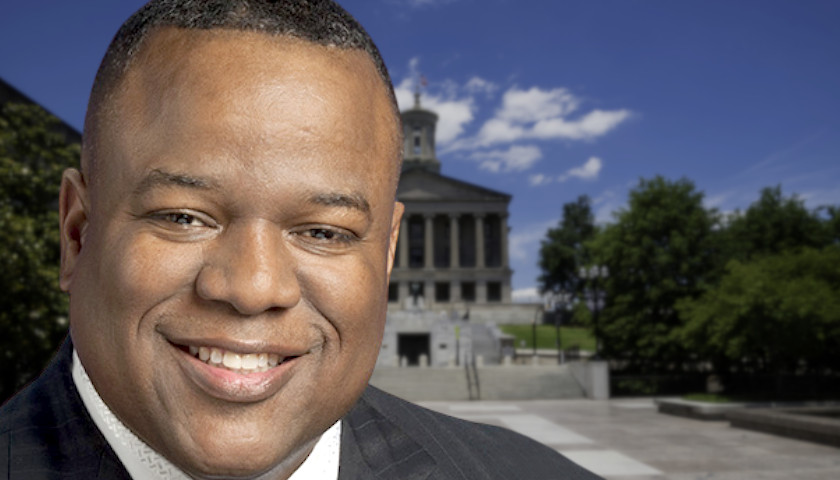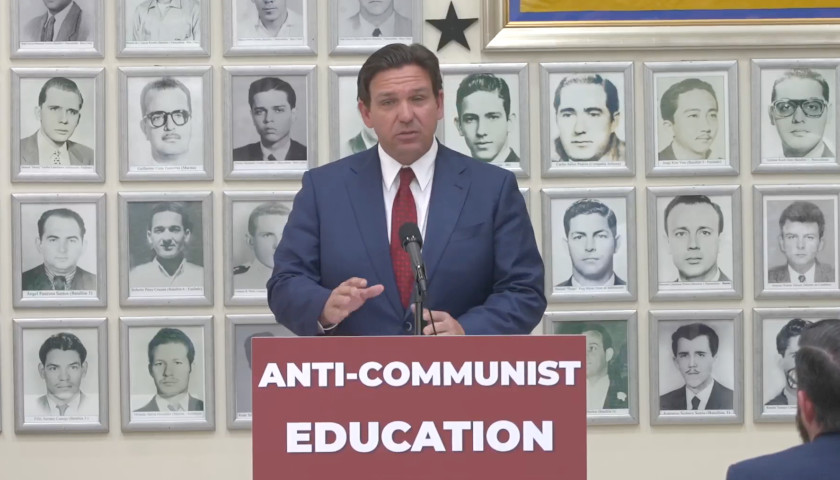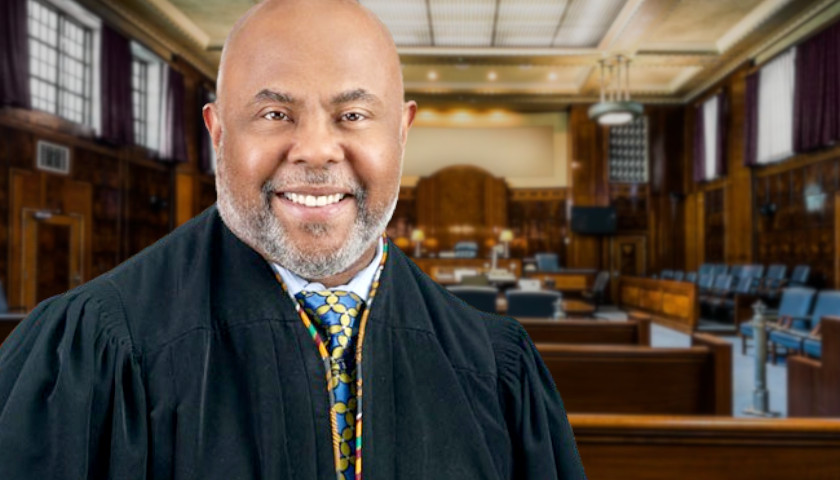At this week’s House Education Instruction Subcommittee meeting, State Representative Antonio Parkinson (D-Memphis) introduced HB 0691, which would allow students to earn one credit in data science to satisfy one of the four mathematics credits required for high school graduation. Parkinson (pictured above) told lawmakers that the idea came from a recently-attended conference held by ExcellinEd, the education non-profit founded by former Florida Governor Jeb Bush.
At that conference, Dr. Steven Strogatz told attendees, “Our current curriculum is rooted in a different era…our current math curriculum is rooted in the 1950s space race. We have to make room for data science for 21st-century skills.”
While other committee members did not find fault with the theory driving the bill, they did have concerns related to the process. State Representative John Ragan (R-Oak Ridge) called attention to the lack of a definition for “data science” included in the bill, asking Parkinson, “What are we talking about in terms of a definition for the bill? Because if we don’t define the term, it becomes kinda whatever someone says it is. Was it in the bill and I missed it?”
Parkinson acknowledged that it possibly was not, “I don’t know if we defined it in the bill, but it is already defined,” he told committee members. “Basically what it does is it teaches children to mine data and tell the story that data is telling.”
The definition did not satisfy lawmakers, and Ragan later told The Tennessee Star in an email exchange “under normal circumstances, words not defined in the bill or the Tennessee Code Annotated take their ‘normal’ dictionary meaning.”
Ragan added, “However, in the case at hand the term is so new that there is not an agreed-upon definition in multiple sources. Consequently, it is important to specify the exact meaning of a potentially ambiguous term to foreclose the possibility of frivolous lawsuits.”
Strogatz, at the ExcelinEd conference, defined “data science” as a multidisciplinary field that draws upon statistics, computer science, domain experience, and data ethics. Several of those items, including data science itself, are not included in the Tennessee State Standards for Math. It remains unclear how existing standards would be impacted should this bill become law.
Subcommittee Chair Scott Cepicky (R-Culleoka) drew further attention to how establishing credits typically works. The State Board of Education (SBE) advises lawmakers on what it feels should count as credit hours, and then lawmakers approve. This bill proposes to flip that process and have lawmakers advise the SBE on what should be considered to satisfy credit hour requirements.
He advised that Parkinson consider rolling the bill to next week and, during that time, consult with the SBE to communicate his intention.
Parkinson agreed to roll the bill to next week. When asked if a week would be long enough, he answered that it would more than suffice, but told committee members, “I thought if I came in here and invoked the name of Jeb Bush, this thing would just sail through and…I’m just kidding with y’all.”
The bill will be included on the agenda for the next House Education Instruction Subcommittee meeting scheduled for February 21, 2023, at 3:00 p.m.
– – –
TC Weber is a reporter at The Tennessee Star and The Star News Network. He also writes the blog Dad Gone Wild. Follow TC on Twitter. Email tips to [email protected]. He’s the proud parent of two public school children and the spouse of a public school teacher.








